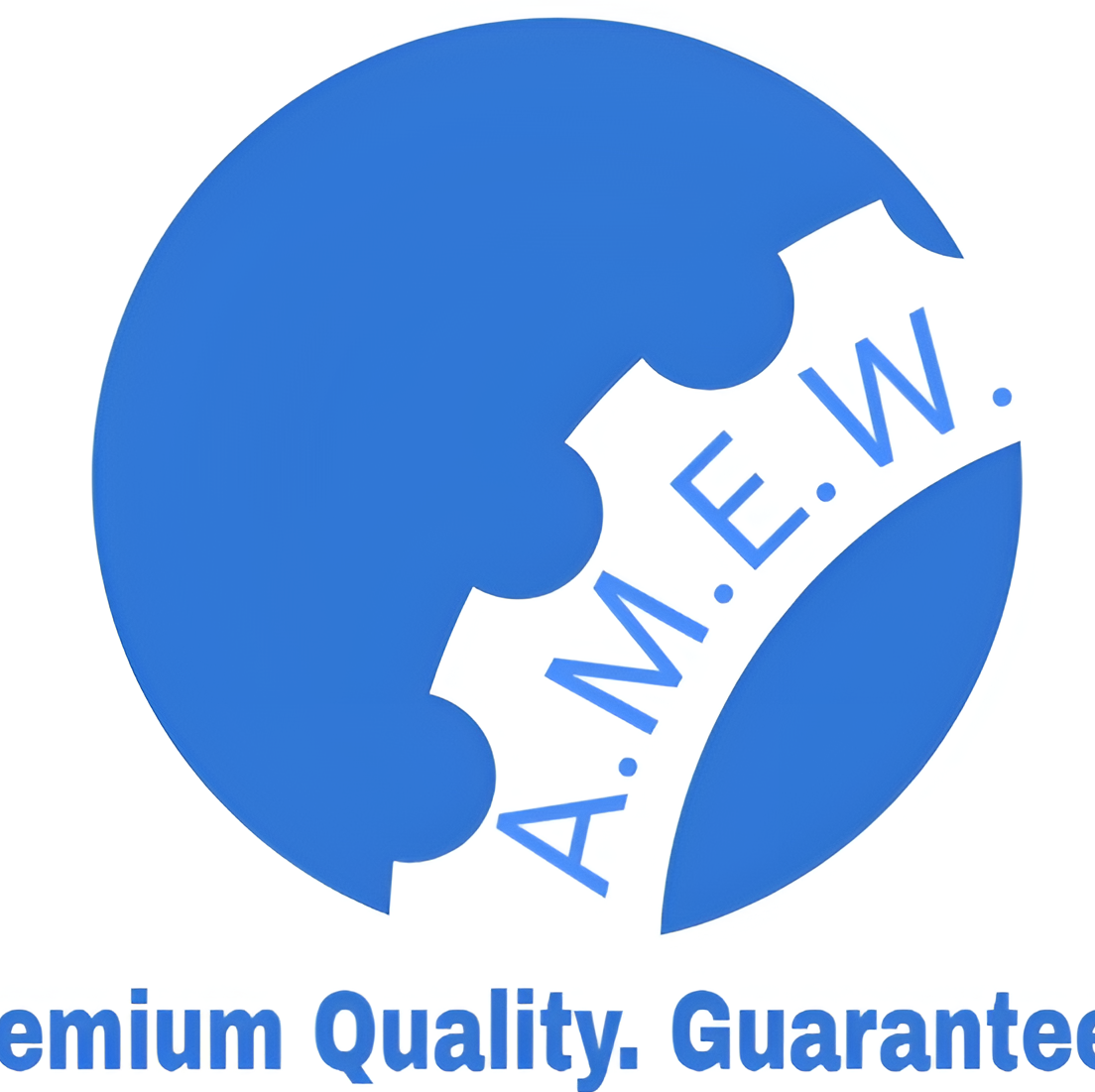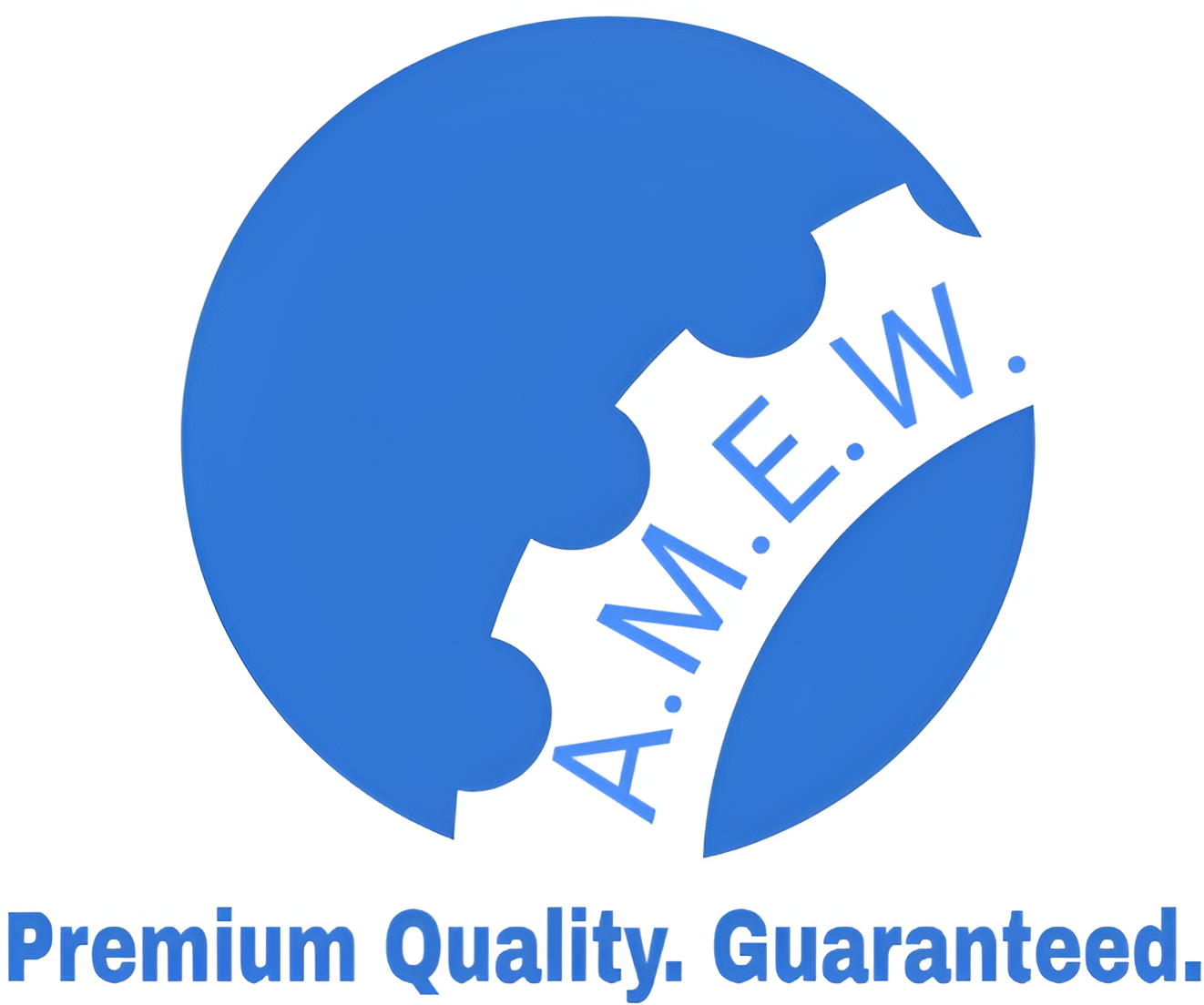Introduction
- Begin by explaining the role of carbon steel pipes in various industries such as construction, plumbing, oil and gas, and power generation.
- Highlight the unique properties of carbon steel pipes such as versatility, durability, and cost-effectiveness, making them a top choice for professionals.
- Briefly outline what readers can expect to learn, including the different types of carbon steel pipes, their advantages and disadvantages, and best practices for installation and maintenance.
- Establish relevance for the target audience by addressing how understanding carbon steel pipes can help make informed, cost-effective decisions for specific projects.
Body Sections
Understanding Carbon Steel Pipes
- Define what carbon steel pipes are and how they are made.
- Discuss their basic properties, such as strength, malleability, and corrosion resistance when treated appropriately.
- Provide a comparison to alternative materials like stainless steel or plastic, emphasizing where carbon steel stands out.
Types of Carbon Steel Pipes and Their Applications
Seamless Carbon Steel Pipes
- Define and explain what makes seamless pipes unique (manufactured without welding or seams).
- Explore their benefits, like uniform strength and resistance to high pressure and temperature.
- Provide examples of their use in oil and gas pipelines and power generation equipment.
Welded Carbon Steel Pipes
- Explain the manufacturing process of welded pipes and how it differs from seamless pipes.
- Highlight their cost-effectiveness and versatility for low-pressure applications.
- Share their common uses, such as transportation of water and structural applications in construction.
Advantages and Disadvantages of Carbon Steel Pipes
Advantages
- Discuss key benefits like cost-effectiveness, high tensile strength, and recyclability.
- Highlight their compatibility with extreme temperatures and their application in both hot and cold environments.
- Note their ease of availability and adaptability for various projects.
Disadvantages
- Address potential drawbacks like susceptibility to rust without proper treatments.
- Mention weight as a limiting factor for specific applications compared to alternatives like plastic.
- Provide tips on countering these disadvantages, such as applying protective coatings.
Industry Standards and Best Practices
- Detail key industry standards relevant to carbon steel pipes, such as ASTM (American Society for Testing and Materials) and ASME (American Society of Mechanical Engineers).
- Include specific examples, like ASTM A53 and A106 standards for pipes used in industrial environments.
- Discuss the importance of adhering to these standards for safety, performance, and regulatory compliance.
Installation and Maintenance Tips
Installation Best Practices
- Importance of thorough inspections for cracks or damage before installation.
- Tips for proper alignment to prevent leaks and ensure stability.
- Recommend using high-quality tools and fittings for cutting, welding, and connecting carbon steel pipes.
Maintenance Guidelines
- Outline practices such as regular inspection for corrosion, pressure integrity, and wear.
- Suggest cleaning methods to prevent scale buildup.
- Explain the benefits of applying protective coatings to extend the lifespan of the pipes.
Thought-Provoking Conclusion
- Summarize the key points, such as the versatility and durability of carbon steel pipes across various industries.
- Highlight how understanding the types, advantages, and maintenance practices of carbon steel pipes can lead to cost-effective decisions and improved project outcomes.
- Drive engagement by offering actionable advice, such as sourcing materials from reputable suppliers or consulting experts for tailored recommendations.
- Call to Action:
- Encourage readers to explore your range of carbon steel pipes on your website.
- Invite them to contact your team for expert guidance or to request a custom quote for their upcoming projects.

